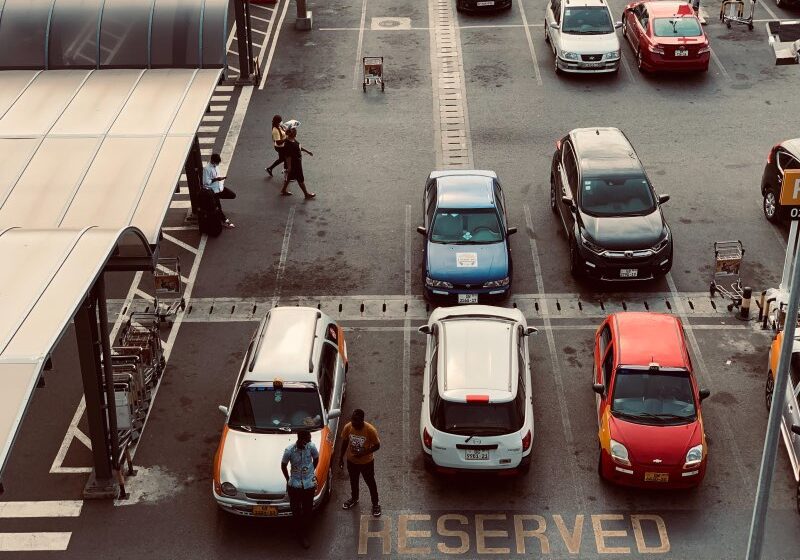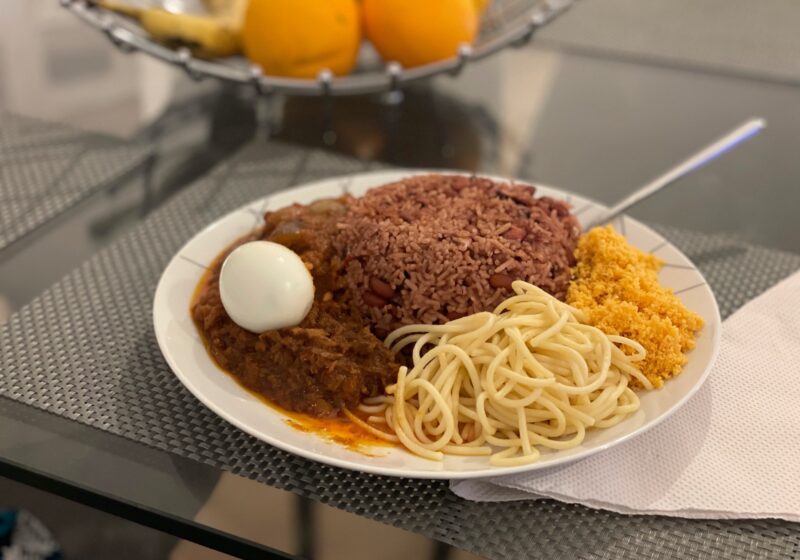Moving to Ghana can be an amazing experience, but it’s important to understand the challenges that come with doing so.
We’ve compiled a list of reasons why many people go broke after moving to Ghana, so you can avoid them and find an easier start in Ghana.

Expat life can be exciting and rewarding, but it can also be challenging. Moving to a different country with a different culture and language is tough enough without having to worry about finding work, making friends, caring for your family, and learning the local customs.
But if you’re thinking about moving to Ghana for more than a few months (or years), there’s one additional complication that many people overlook: money.
While there are many reasons why people move, such as job opportunities or personal development, the reality is that not everyone saves enough money before leaving their home country or gets huge amounts of money on arrival to take care of themselves.
Not budgeting for day-to-day living expenses
You may have considered how much money you will need to live in Ghana, but have you considered that it may be more than you can afford?
You may also notice that the cost of living appears to be higher than what you are accustomed to or can afford back home. Many people discover that the cost of living in Ghana exceeds their expectations.
This is true even when compared to other African countries with lower living costs.
The reason is simple: food and housing are significantly more expensive here than in the United States or Europe.

If you’re used to living on a certain income level, you can expect your expenses to rise by up to 50% when you relocate to Ghana.
While it is possible (though not easy) to adjust your budget downward to cover these increased costs, most expats do not do so because they do not want their lifestyles to change too drastically after moving here—and they are correct!
Utilities such as electricity (including water), gas, and internet may also be more expensive than in other countries with similar climates such as the United States or Europe.
The Cost of Living
Ghana’s cost of living is significantly higher than that of the United States, and it is even higher than that of most other African countries.
If you are moving to Ghana from a high-income country (such as the United States), you will find it difficult to adjust your budget so that your spending matches your income.
It may appear impossible at first because everything appears so cheap in comparison to what we pay back home – but if you don’t make an effort to learn how much things cost in Ghanaian cedi versus USD or EURO, you’ll quickly become broke and frustrated!
It’s not just the rent; it’s everything else that adds up.
What contributes to the severe cost of living?
1. Food can be expensive
For many expats in Ghana, food is one of the most expensive monthly expenses.
The high prices are the result of a combination of factors, including a lack of competition, import restrictions, and import taxes.
Many people who move here from other countries find themselves spending more money on groceries than they normally do each month — often twice as much or more!
Our recommendation: try adjusting your diet to the local cuisine! Eating local food is definitely less expensive, because you do not pay the inflated prices that come with imported food.

2. Transportation - getting around
3. Housing is another big cost
The cost of living varies by location within any given country.
Housing in Ghana is generally less expensive than in other parts of Africa, unless you’re living in Accra or Kumasi.
This is especially true if you intend to rent an apartment rather than buy one.
Most people prefer renting their homes rather than owning them outright because they do not want to deal with maintenance issues or risk losing their investment if they decide they no longer want to live in Ghana.
You tend to underestimate how much you will spend, and overestimate how much you will earn.
There are other reasons why people go broke after moving to Ghana: Many expats choose to live in Accra, the continent’s most expensive city.
However, whether you live in a more expensive or less expensive city, you should be aware that your cost of living will most likely be higher than it was at home.
It’s natural for people who have just moved abroad to overestimate their earnings and underestimate their spending for the first few months.
Most expats will need several years to adjust their spending habits so that they can live within their means while still having enough money left over each month for savings and investment opportunities.
If you come from a developed country like Canada or Germany where everything costs more than it does in Ghana (and almost every other African country), then this adjustment period maybe even longer as you learn how much things really do cost here.

And lastly: Low wages
There are numerous factors that can contribute to you going broke after moving to Ghana, but one of the most significant is low wages.
Working in Ghana is difficult, and the pay at the end of the month is often insufficient. Even lecturers and doctors are sometimes paid less than USD 500 per month.
In fact, the majority of expats in Ghana learn this the hard way.
This is because, regardless of how little you are paid, by the time inflation kicks in and you start converting it to USD to send back home, you will have fully grasped the depth of the situation.
It is very crucial to have full knowledge about the wages and how much one will be earning so as to have comfortable lives in Ghana.
Moving to Ghana is a significant decision that should be carefully considered. Before moving anywhere, you should consider your own spending habits, income generation potential, and savings.
If you want another take on what to know before moving to Ghana, feel free to watch the video below on more insights.
We hope this article has encouraged you to proceed with your plans to relocate to Ghana.
We understand that moving to Ghana can be a difficult prospect, but if you follow these tips and understand what you’re getting into, it should be a breeze.
You’ll be able to adjust quickly and enjoy all of the benefits of living in this wonderful country!





Leave a Reply
You must be logged in to post a comment.